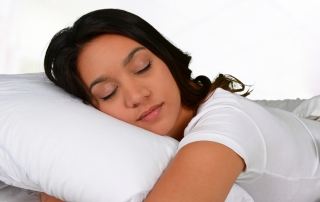Pregnancy Brain? Or is it Depression?
Many pregnant women complain of “pregnancy brain”. They describe that they feel less sharp than usual and often complain of bouts of forgetfulness. Is it because they are distracted by thinking about and planning for [...]









